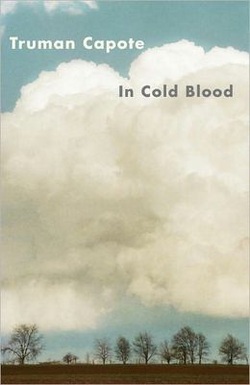
Author: Truman Capote
Genre(s): Crime
# pages: 343
Date published: January 1966
Rating out of 5: 5
Suggested tags: Non-fiction, Thriller
Would you recommend it? Yes
On the night of Nov. 15, 1959, two men entered a farmhouse in Holcomb, Kansas, and murdered the four members of the Clutter family. In this book, considered one of the first and best examples of the non-fiction novel, Capote traces the events leading up to the murders and the eventual resolution of the crime. Whether describing the grisly scene in which the bodies were discovered, taking the reader along on the aimless wanderings of the killers, or depicting the crime’s dastardly effect on a small, Midwestern town, he writes with a clear, poetic prose. This effectively transports the reader to a long-gone America and makes every character multidimensional and sympathetic. Even the killers are given thorough backstories that contextualize their actions. The themes include the loss of innocence, family, small-town America, religion, acceptance, psychology, and the American legal process, but in the end it is a thrilling recounting of an audacious murder and the subsequent hunt for the killers. Though relatively long, In Cold Blood becomes impossible to put down at a certain point about halfway through the book. The slow beginning pays off as it really invests the reader in the plights of the deceased. At the end of the book you will feel shocked at the meaninglessness and callousness of the crime, but also awed at the way Capote weaves pathos, humor, suspense, friendship, love, and family into what is on the surface a report on the deaths of four innocent people more than 50 years ago. I highly recommend In Cold Blood to anyone who loves crime novels, or literature in general.
Review by Andrew Ireland, A&S '14

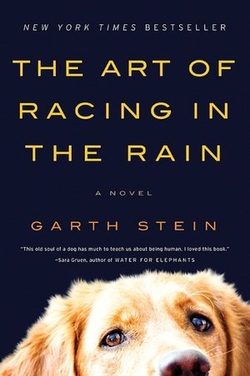
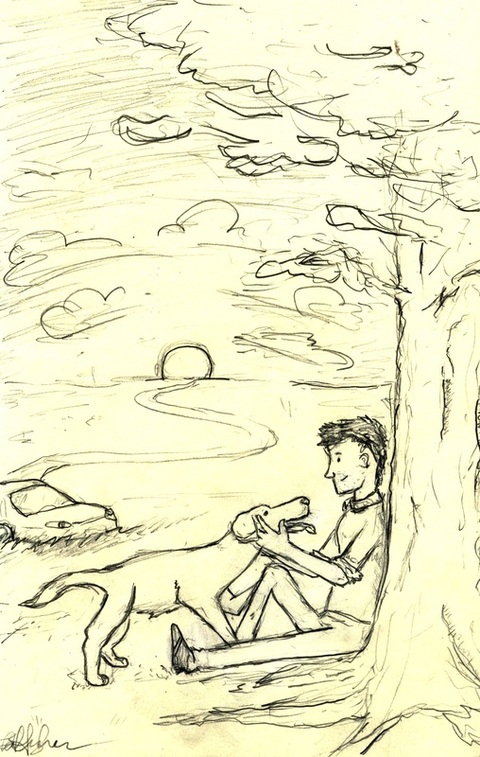
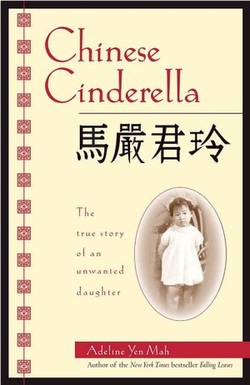
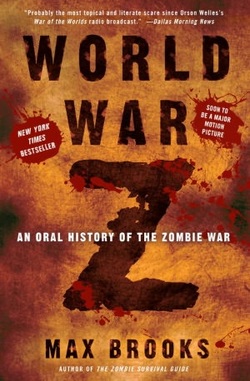
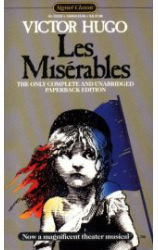
 RSS Feed
RSS Feed
